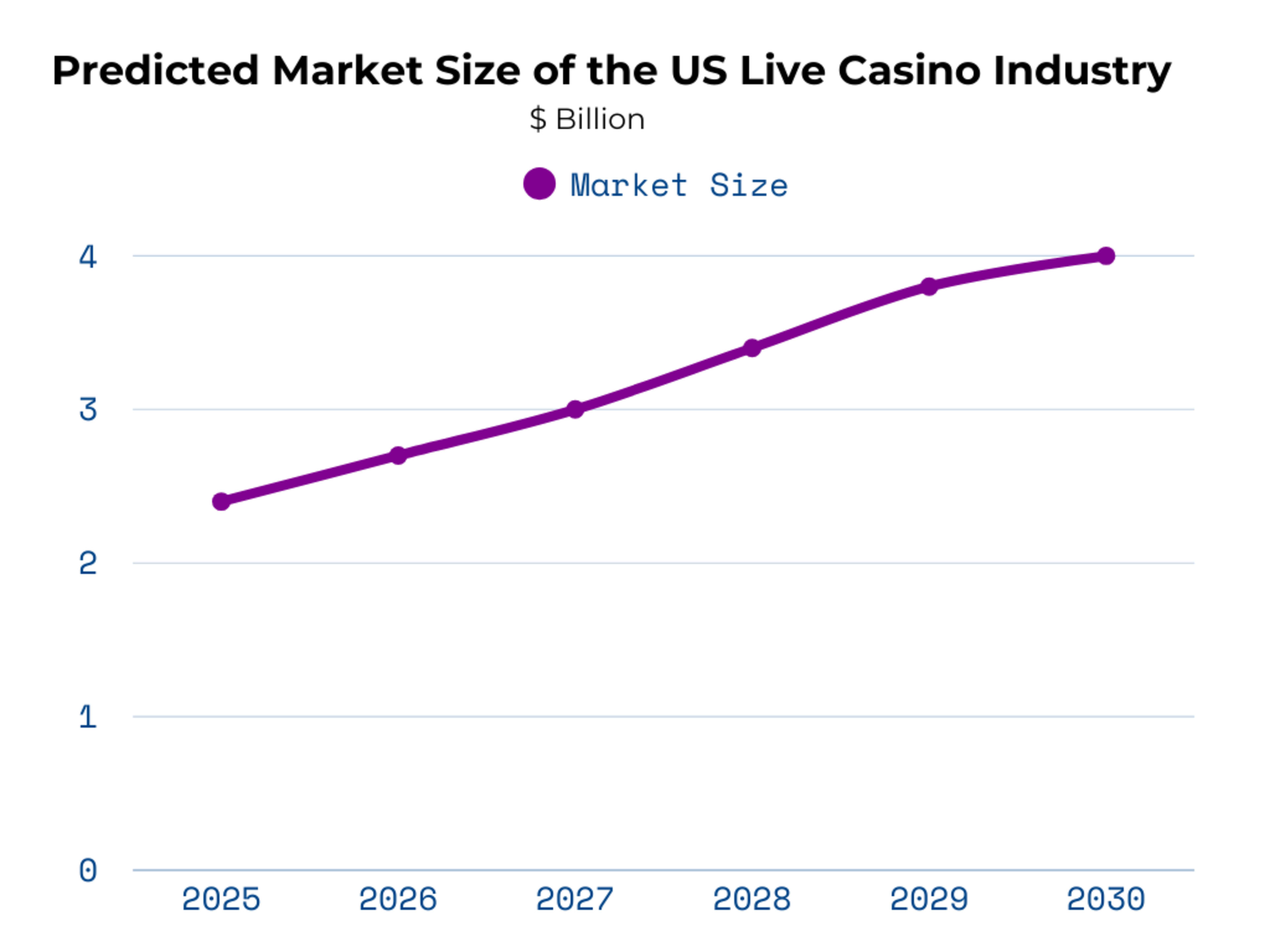Thinking about playing at a Zambian online casino, where the clatter of chips and dealer banter is increasingly replaced by sleek digital screens and automated thrill? That's the reality as electronic table games (ETGs) surge ahead. While the original article focuses on the US market, here in Zambia, we're seeing a similar, exciting evolution in how we enjoy our favourite casino games online. This shift isn't just a tech fad; it's reshaping how players engage and how the Zambian gaming industry evolves. In this article, we'll dive into why ETGs are making waves, backed by insights relevant to the Zambian market. Whether you're a gaming enthusiast, a curious player, or just looking to understand the trends, buckle up for the future of casino gaming in Zambia.
Why Electronic Table Games Are Gaining Traction in Zambia
The shift towards electronic table games (ETGs) is accelerating globally, and Zambia is no exception. Casinos worldwide are looking for ways to offer more game variety and a smoother player experience, and ETGs are proving to be a key part of that strategy. While the original article mentions specific market values and CAGRs from other regions, the core reasons for ETG popularity resonate here too: efficiency and player demand. Players in Zambia are increasingly appreciating the convenience and accessibility that ETGs offer.
Convenience and Accessibility for Zambian Players
For players in Zambia, the appeal of ETGs often lies in their sheer convenience. You can play your favourite blackjack or roulette anytime, without waiting for a seat at a live table. This 24/7 availability means you can enjoy the thrill of the game at your own pace, fitting it into your schedule whether you're at home or on the go. Plus, ETGs often provide a clearer interface, making it easy for both new and seasoned players to understand the betting options and gameplay mechanics. popular live table games, with a focus on providing a seamless and enjoyable experience.

Real-World Examples: How ETGs Enhance Gaming in Zambia
While the original article showcased examples from the US, let's consider how these trends translate to the Zambian context. Online casinos operating in or catering to Zambia are constantly looking for ways to innovate and offer the best possible experience to local players. This often means embracing new technologies and game formats that align with player preferences. United States live casino market, we see a similar drive for modernization and enhanced player engagement.
Imagine a top Zambian online casino offering a wide array of ETGs. Instead of just live dealer options, players could choose from sleek, digital versions of blackjack, roulette, or even poker. These games often allow for faster betting rounds and can accommodate more players simultaneously, reducing any wait times and ensuring you're always in on the action. This kind of innovation helps keep online casinos in Zambia competitive and exciting.
Furthermore, the introduction of ETGs can lead to more diverse betting options and potentially lower minimum bets, making popular casino games accessible to a broader range of Zambian players. This inclusivity is key to responsible gaming and ensuring that everyone can enjoy the excitement of casino entertainment safely and affordably.
As online casinos continue to grow in Zambia, offering a variety of game types, including ETGs alongside traditional live dealer and RNG games, provides choice and caters to different player preferences. This adaptability is what makes the online casino scene in Zambia so dynamic and engaging for everyone.
Cost Breakdown: ETGs vs. Live Dealers – The Numbers Don't Lie
Money talks in high roller live casinos, and ETGs scream savings. Traditional live dealers rack up high labor costs—think $150-$200 per hour in wages alone—while ETGs slash overheads by up to 50% through minimal staffing and faster game speeds. Here's a head-to-head comparison:
Player Preferences: Who Loves ETGs and Why?
The demographics around ETGs reveal a clear generational divide.
- Younger Players (18–34 years): This age group represents the overwhelming bulk of ETG adoption, accounting for over 95% of electronic gamers in 2025. For Gen Z and younger Millennials, ETGs align perfectly with their digital-native lifestyles. They value the privacy of terminals, the ability to learn without public embarrassment, and the low-stakes bets ($5–10) that make experimentation more affordable. These players are also accustomed to mobile gaming and online interfaces, so transitioning into ETGs feels natural.
- Millennials (30s–40s): While slightly older, Millennials dominate the online gambling sector and show a strong preference for ETG blackjack and baccarat, particularly for solo play sessions. Their busy lifestyles make quick, on-demand gaming appealing, and ETGs meet this need without the social expectations of live dealer tables.
- Older Players (45+ years): This group continues to gravitate toward live dealers. For them, the allure is not speed or efficiency but the social atmosphere—dealer banter, camaraderie with tablemates, and the traditional casino experience. However, some older players have begun exploring ETGs for their accessibility and reduced intimidation factor, particularly when learning new live casino games.
Culturally, ETGs are transforming the casino environment. The old image of rowdy, crowded tables is being replaced by tech-driven zones, sleek electronic setups, and quieter, more individualized play. This reflects a generational shift in entertainment, where personalization and technology are now central.

Operator Insights: What Casino Bosses Are Saying About ETG Strategy
Casino executives have become vocal advocates of ETGs, often highlighting two key drivers: financial resilience and audience expansion.
- Financial Growth: Multiple top-rated live casino platforms explain that they are leveraging ETGs to drive profitability during a time when labor costs are unpredictable and staffing is challenging. By reducing dealer reliance, casinos enjoy higher margins per table and greater throughput per hour.
- AI Integration: Another casino leader emphasizes that AI and machine learning are transforming ETG operations. AI is not only used for marketing and player retention but also for responsible gambling tools—detecting risky patterns and offering real-time interventions.
- Strategic Agility: With ETGs, casinos can reconfigure floors more quickly, adapt to peak visitor times, and attract tech-savvy younger crowds without alienating traditional players. This adaptability has become a cornerstone strategy in 2025’s volatile economy.
Cutting-Edge Innovations: ETGs Get Smarter in 2025
2025 brings ETG wow-factors like AI-personalized betting in blackjack and AR overlays for immersive roulette. Hybrid systems blend live wheels with digital interfaces, while VR dealers elevate baccarat. These tech leaps bridge the authenticity gap, making ETGs feel alive without the human element.
The Employment Equation: Jobs Gained, Lost, and Transformed
ETGs disrupt jobs—potentially cutting dealer roles by 20-30%—but the industry forecasts 17% overall growth through 2031, creating tech maintenance and analytics positions. In 2025, unions push for reskilling, turning potential losses into opportunities. Economically, it's a mixed bag: fewer low-skill jobs, more high-tech ones.
Global Perspective: US vs. Macau and Europe in the ETG Race
The US is catching up fast, but Macau leads with ETGs generating 37% more profit than traditional tables, post-2019 adoption. Europe's slower, favoring live dealers culturally, though the UK ramps up for compliance. US casinos blend both, using ETGs for efficiency while preserving social hubs— a balanced overtake.









